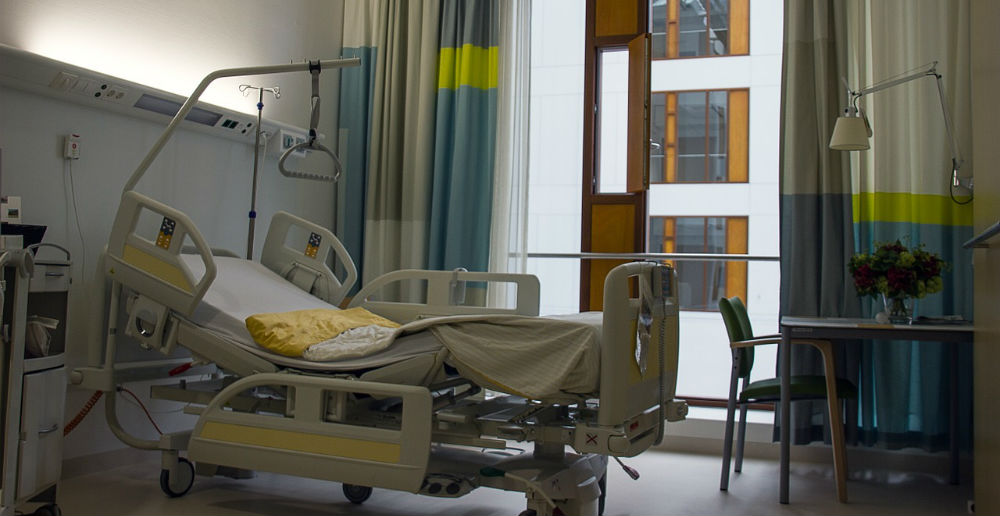
If all U.S. hospitals followed the same safety procedures as the nation’s elite healthcare facilities, more than 100,000 hospital patient deaths would be prevented each year. That’s the conclusion of a new study that named the nation’s top hospitals.
The Watson Health 100 Top Hospitals list was released in early March. It’s an annual study from IBM that identifies America’s best hospitals using a variety of public data.
Measures of Hospital Patient Safety
The metrics used in this study to locate the nation’s safest hospitals include:
· Patient survival rates - the top 100 hospitals averaged patient survival rates 26 percent higher than the other hospitals
· The number of hospital acquired infections – the top 100 hospitals averaged nearly 19 percent less than the other hospitals
· The number of patient complications – the top 100 hospitals averaged 13 percent less than the other hospitals
The study concluded that if all hospital patients received the same level of care provided by its Top 100, more than 102,000 patient deaths would be avoided each year. And 43,000 fewer patients would suffer needless complications during their hospital stay.
Hospital Acquired Infections
One of every 25 U.S. hospital patients receives at least one infection during their stay, according to the Centers for Disease Control and Prevention.
The rates of hospital acquired infections and patient survival rates are to some extent linked. A lower number of patients who receive infections – such as the potentially deadly clostridium difficiile (C-diff) – can lead to more patients who survive their stays. Reportedly, 29,000 people die each year from a C-diff infection.
When hospitals don’t make cleanliness a priority, they place their patients in potentially grave danger. Hospital acquired infections occur from a variety of sources, including dirty catheters and a surgical site infection. So hospitals must adequately clean rooms and health care equipment, and take other precautions to avoid exposing patients to deadly germs.
Healthcare providers – doctors, nurses and other staff – should wash their hands numerous times a day to limit the spread of dangerous bacteria from room to room, patient to patient. They should also change gloves between patients and between procedures.
Its concerning that more hospitals don’t follow the lead of the nation’s top facilities and apply these and other common sense measures to protect the health and safety of their patients.
If you had a family member die during a hospital stay and you suspect it was due to an error in care, you may want discuss your case with a medical malpractice lawyer who has experience in investigating medical mistakes.
The choice of a lawyer is an important decision that should not be based solely on advertisements.
Authored by Gray Ritter Graham, posted in Blog March 9, 2018

 RSS Feed
RSS Feed